Yung-Chiao Wei reads Kristin Wendland’s volume on the benefits of yoga for string players, focusing particularly on the regimen of Yehudi Menuhin
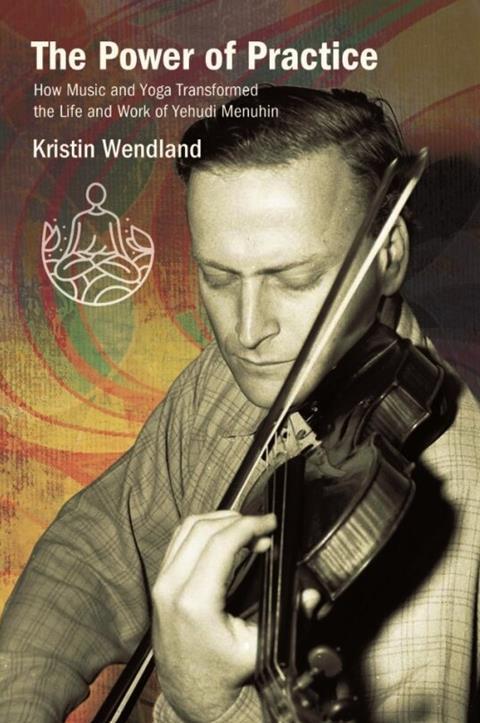
The Power of Practice: How Music and Yoga Transformed the Life and Work of Yehudi Menuhin
Kristin Wendland
202PP ISBN 9781438496030
State University of New York Press $99
Yehudi Menuhin stands as one of the great violinists of the 20th century, not only for his legacy of performance but also for his work as a teacher and a humanitarian. However, what is perhaps less well known is the role that yoga played in his success, and in the longevity and impact of his career. In The Power of Practice Kristin Wendland seeks to ‘analyse and interpret Menuhin’s life and work through the lens of the three paths of yoga, as thematic frames that align with Menuhin’s role as a performing musician, an educator, and a spiritual believer’. The resulting text paints a vivid picture of one of classical music’s luminaries, and provides a compelling testimony to the power of yoga to transform lives.
Wendland draws on an enormous number of resources, from Menuhin’s own writings and interviews to biographies and documentaries, as well as numerous books about yoga, in portraying Menuhin’s study of the discipline of yoga and its profound effect on his career. After his beginnings as a child prodigy and virtuoso, Menuhin encountered a number of personal challenges, including a divorce and a gruelling international performance schedule interrupted by war. Through his study of yoga he was able to refine his violin technique, and also find new peace and direction in his life outside of the violin. ‘While yoga directed Menuhin’s violin quest as it trained his body to acquire strength, balance, economy of energy, unity of motion, and release of tension,’ says Wendland, ‘it also provided a framework for a more holistic approach to life.’
Wendland goes on to give more specifics about the impact of yoga on Menuhin’s performances, and also his advocacy efforts, including founding a school and music festival, promoting Indian music and publishing films and books. Those who think that yoga is simply physical exercise may be surprised to learn of the depths of its spiritual and breathing practices, and how ‘Menuhin’s acts of humanitarian service and expression of his spiritual belief system through his writings demonstrate an important influence of yogic teachings and practice’.
Read: Yogic principles and string playing
Read: Yoga and string playing: …And breathe…
The Strad Podcast #87: Yoga and string playing with violinist Melissa White
In addition to a thorough analysis of the principles of yoga, the book also contains many anecdotes about Menuhin’s life, illuminating the link between yoga and his musical career. It is refreshing to read a book that brings out so much of Menuhin’s own thinking on the subject; as an audience we can feel like we are getting a window into his life philosophy. Wendland displays a wonderful ability to synthesise many different pieces of source material and create a cohesive narrative that is also an easy read. Sometimes the writing can feel slightly academic, but the level of detail is helpful to get a complete picture of his life.
I was especially inspired by this book because Menuhin’s journey through yoga to a classical music career so closely matches my own. I also have studied power yoga for more than 20 years, and would not have been able to pursue classical music without the benefits of yoga study. This book is helpful for both newcomers to yoga and experienced practitioners, as well as students of all instruments.
The book is available to read online for free along with more than 80 digital assets - find it here.
YUNG-CHIAO WEI


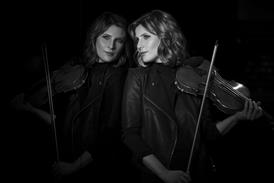

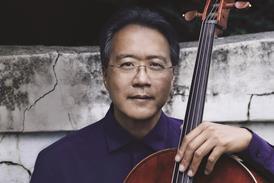




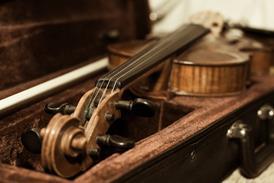
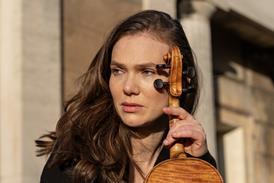
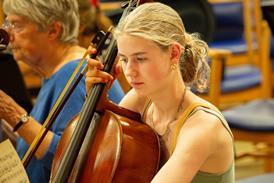































No comments yet